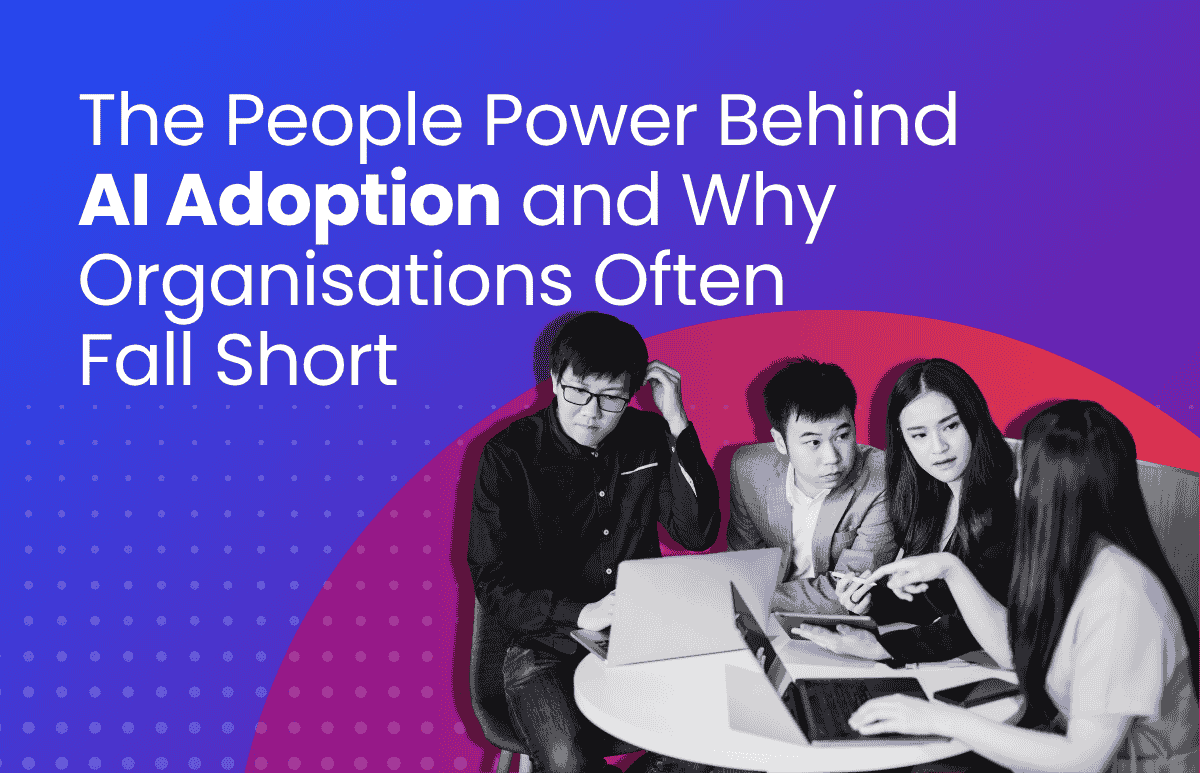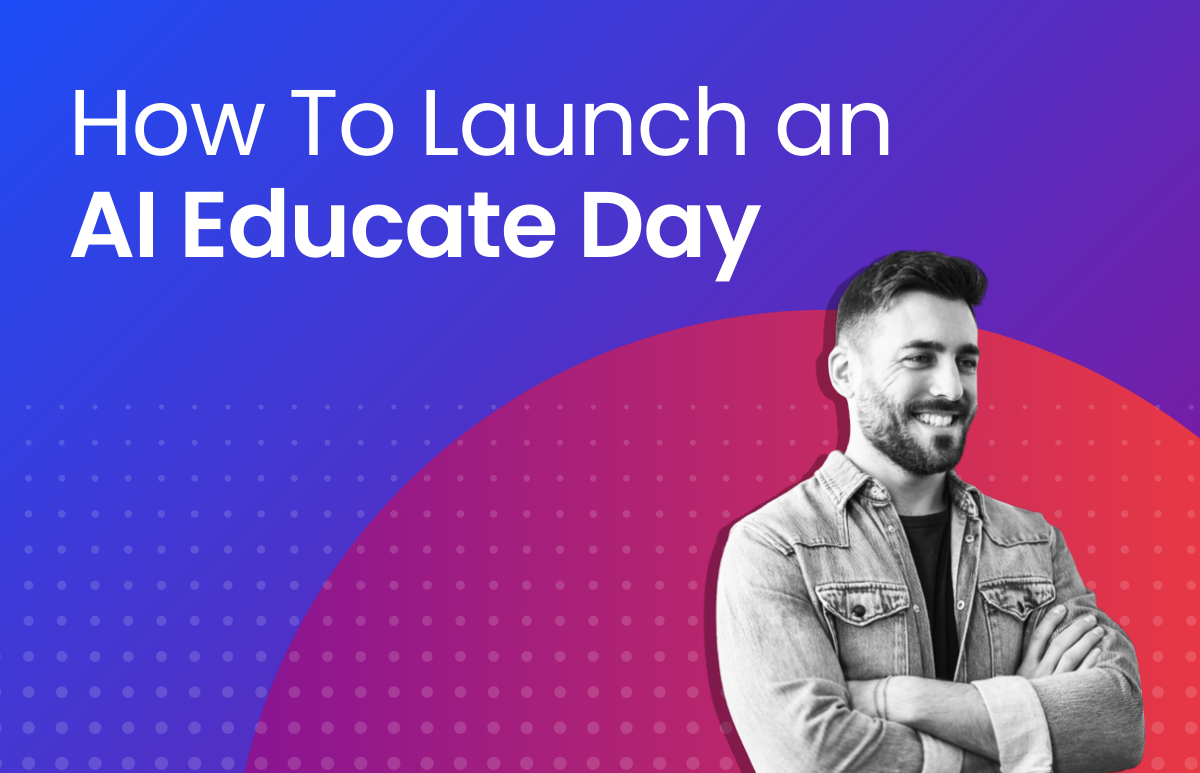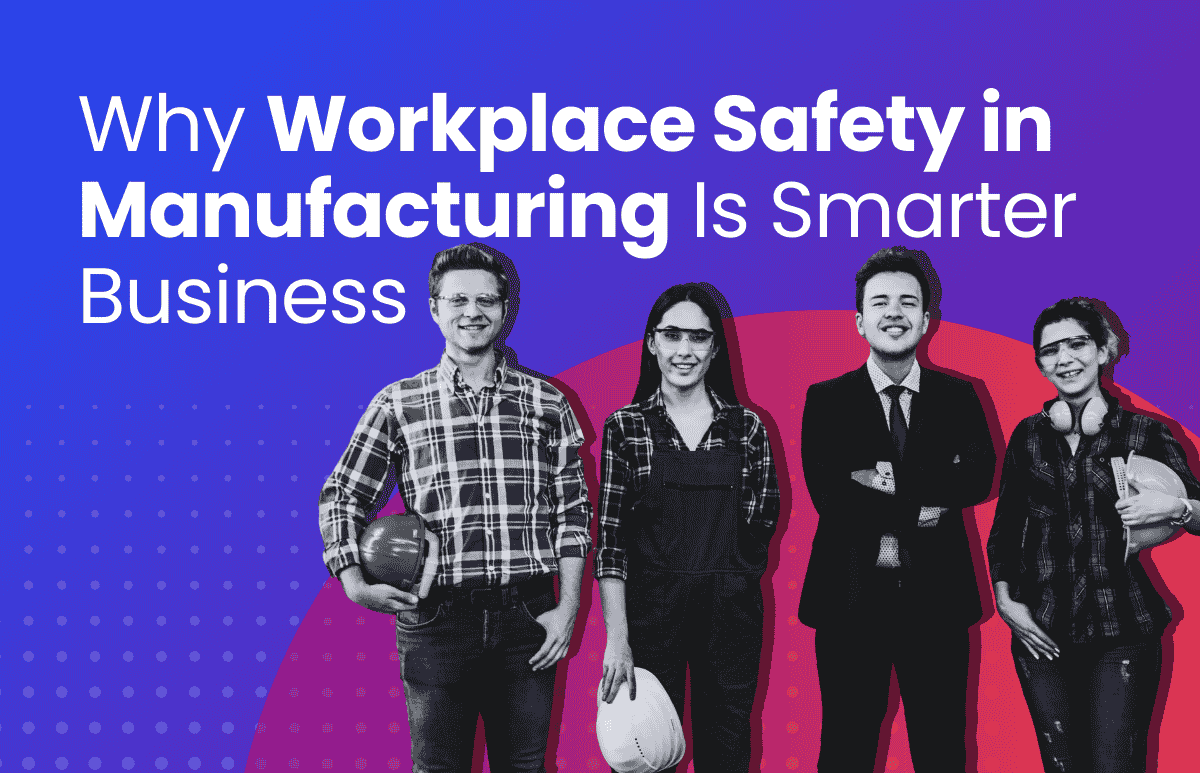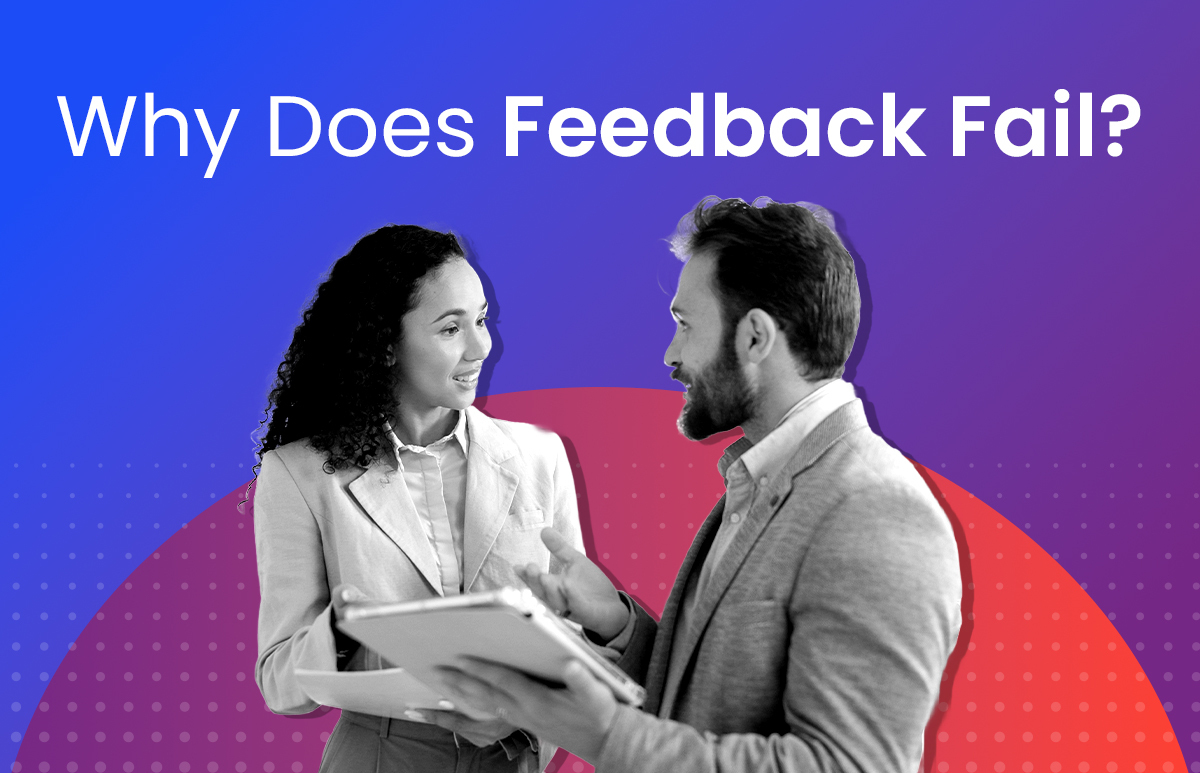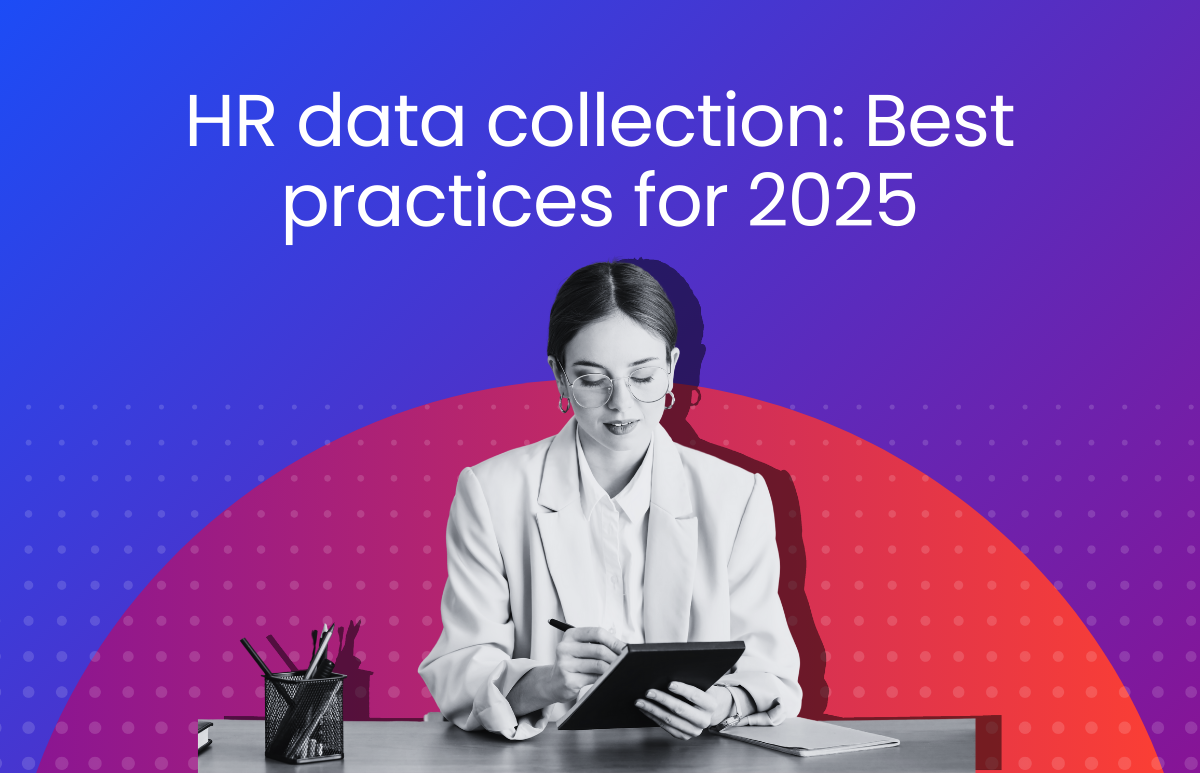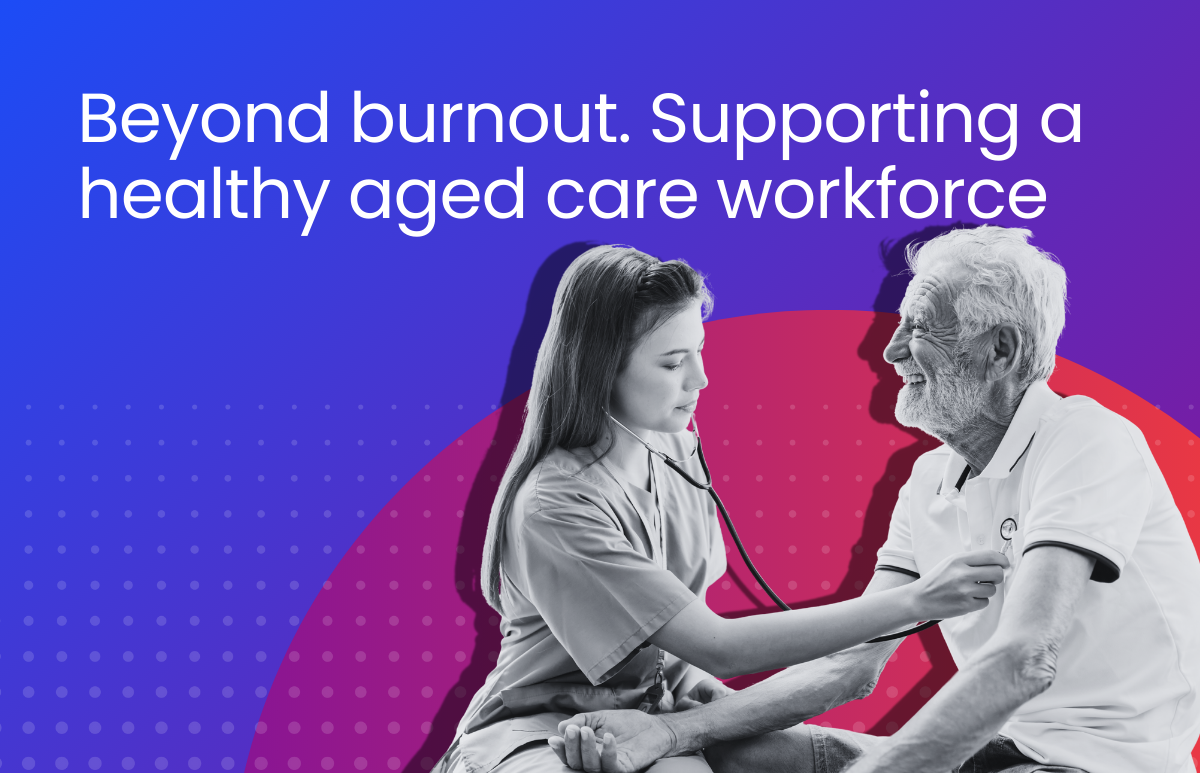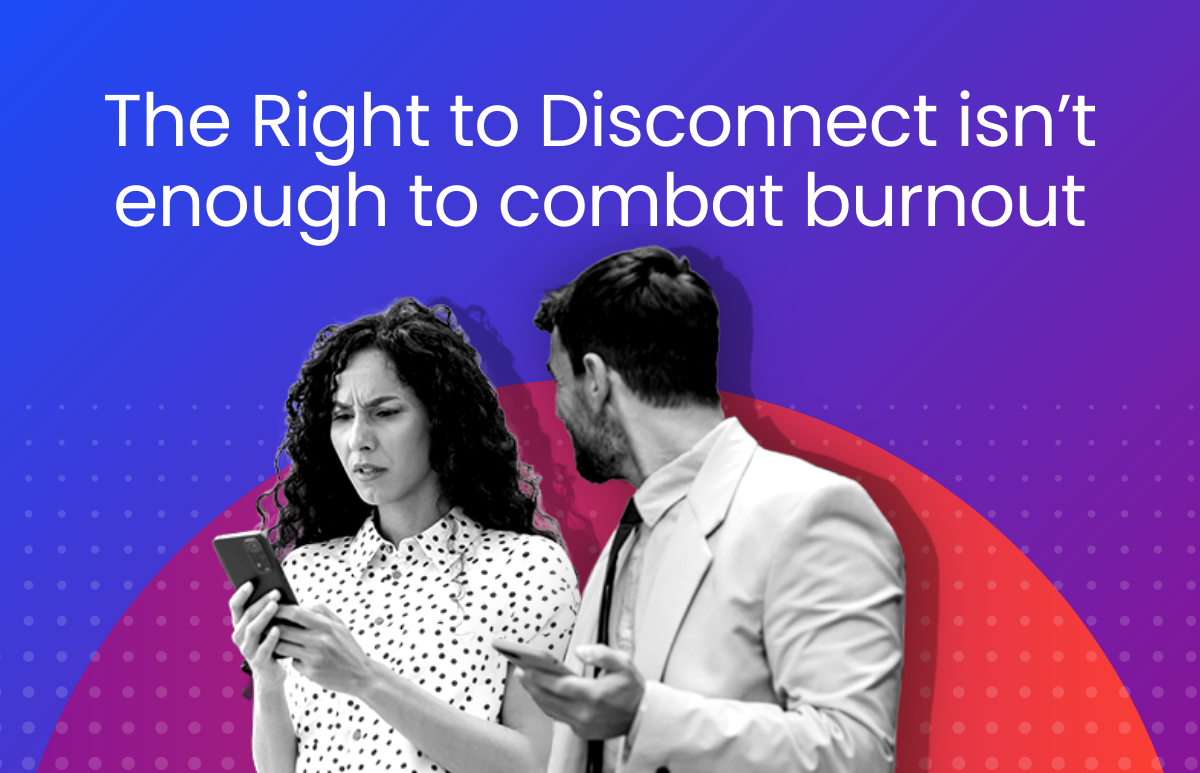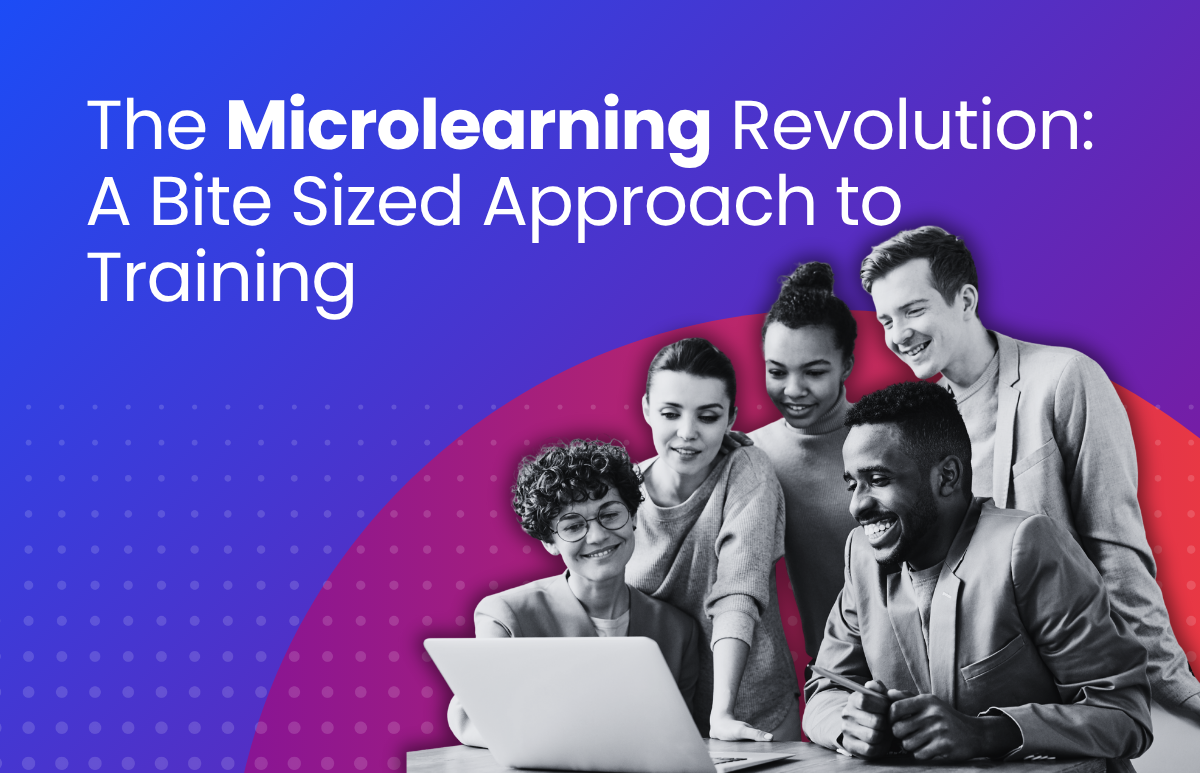How the Right HR and Payroll Software Solution Makes GDPR Compliance Straightforward
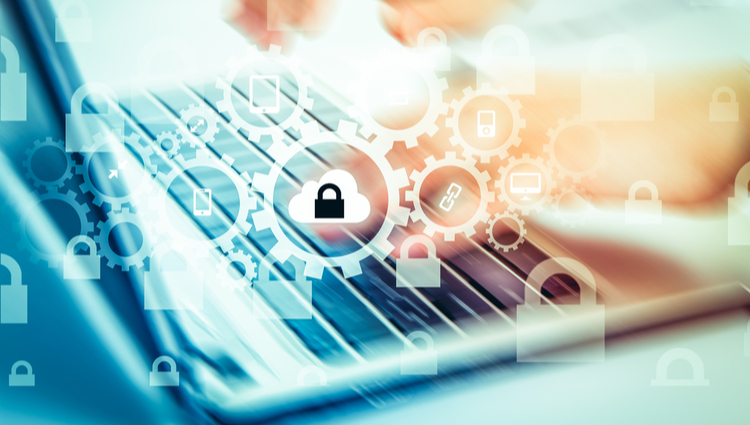
The impact of GDPR on HR teams
HR & payroll systems contain some of the most sensitive personal information to be processed by any business. This can include personal identifiers including Tax File Numbers, bank account details etc. Such information, if breached, can have serious consequences for the individual and the business concerned. As a result, governments have put in place specific legislation to ensure such information is kept secure and only utilised for a valid reason.
General Data Protection Regulation (GDPR) is the privacy regulation that is specific to the European region and its citizens. It requires that any business holding or processing personal information on its said citizens does so in such a way as to protect the privacy of those individuals.
GDPR often comes into force if you provide a business service that projects into the European region. As a result, businesses outside of the European region often have to be GDPR compliant against the possibility of serving that region. GDPR is not in any way peculiar in its requirements of maintaining privacy and as such many of its requirements are shared with other countries’ privacy legislation in intent. It is also the “gold standard” for privacy legislation worldwide.
How HR & payroll software helps to relieve the GDPR burden
GDPR has specific requirements around the management of the lifecycle of personal information. This means that you always need to know where such information resides and how it relates to the other personal information held. As an example, GDPR can require you to produce information reports and compels you to correct personal information as necessary.
Enacting these requirements can be quite burdensome without the use of HR & payroll software.
HR and payroll software consolidates personal information into a single secure location, eliminating the risk of data dispersion across multiple systems, databases, or spreadsheets. This makes it easier to keep secure and up to date, while also making it more reliable, as there is less operational complexity to deal with.
Such technology will also assist in keeping the recruitment process secure and private. HR & payroll software, especially cloud-based solutions, removes the need to copy personal information between computers, drives and emails. Reducing human touch points minimizes opportunities for data breaches.
Take onboarding as an example. Personal information is only accessible to those authorized to interact with it at each stage of the process, preventing the accumulation of sensitive data on shared drives or laptops.
HR & payroll software can also help automate and offload what were previously highly manual processes. Automated CV parsing and online skills and knowledge tests ensure consistent candidate evaluation.
The ELMO approach to privacy and data management
ELMO prioritizes security and privacy in the implementation and operation of its HR and payroll software services. We have obtained ISO 27001:2013 certification to ensure we have the right security and privacy controls in place to meet and exceed customer expectations. In addition, ISO 27001:2013 is utilised as a baseline. Rigorous and continuous operational security improvements enable us to meet the evolving security challenges faced when implementing online HR & payroll services.
Adopting a cutting-edge solution can help HR and payroll teams fulfill their GDPR responsibilities effectively and efficiently. And at ELMO, that’s the very solution we offer.
ELMO Software can help HR professionals manage their workforce, even while operating remotely. As a cloud-based solution, ELMO helps employers manage their teams from anywhere at any time from a secure, centralised location. All employee-employer touchpoints are covered by ELMO’s suite, from ‘hire to retire’. This includes recruitment, onboarding, learning and development, performance management, payroll, rostering / time & attendance, and more. To find out more, contact us.
This article was written by Keith Marlow, Security Architect at ELMO Cloud HR & Payroll.
 HR Core
HR Core 